Virginia Governor Glenn Youngkin recently signed an executive order that seeks to establish “cell phone-free education” to promote the “health & safety of Virginia’s K-12 students.”
The state of Virginia has become the latest in a recent trend of state governments trying to combat the negative effects of cellphone and social media usage in the classroom.
Executive Order

Youngkin’s order directs the state agencies under his authority to draft guidelines defining what it means to have a “cell phone-free” education by August 15.
“By virtue of the authority vested in me as Governor of the Commonwealth, I hereby issue this Executive order directing the Secretary of Education, Secretary of Health, and Human Resources, Superintendent of Public Instruction, the Virginia Department of Education, and the State Health Commissioner…[to issue] guidance on the establishment of cell phone-free education policies and procedures,” said Executive order 33.
State Funding

The executive order calls for a process of public input and listening sessions before developing an implementation plan to make public schools cell phone-free. In addition, the executive order allocates $500,000 towards making the initiative happen.
“This essential action will promote a healthier and more focused educational environment where every child is free to learn,” Youngkin said in a press release.
Heed the Call
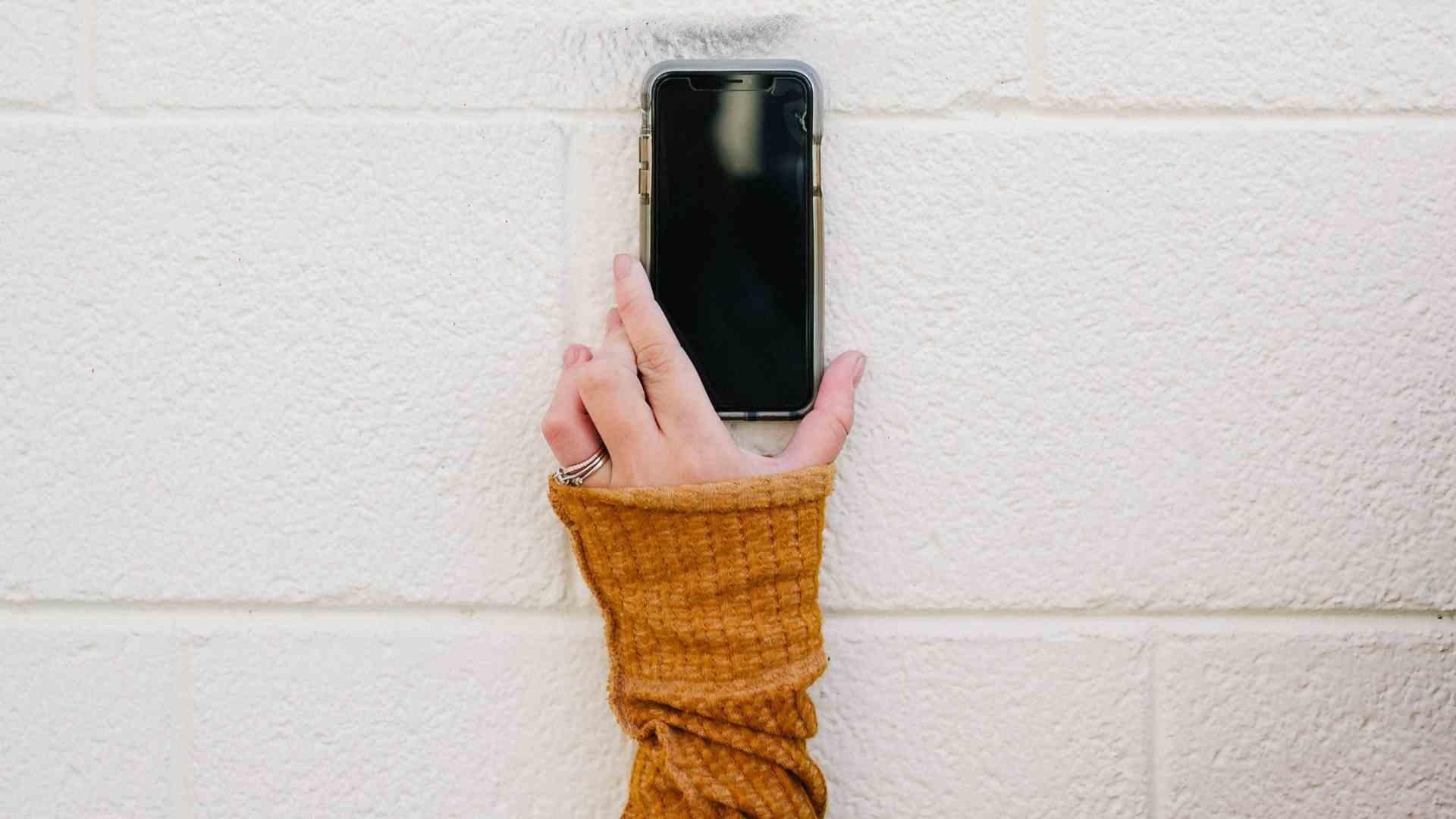
In his executive order, Youngkin demanded that state agencies “heed the call of parents, public health professionals, educators, and other stakeholders across the commonwealth.”
Youngkin framed the influence of cell phones and social media in Virginia’s schools as a “public health crisis” that is inflicting chronic health conditions like depression and anxiety.
Parental Supervision

According to Youngkin, cell phone-free education will “significantly reduce the amount of time students can be on phones without parental supervision.”
“Children spend an average of 4.8 hours a day on social media, and recent studies indicate that spending more than three hours a day on social media doubles the risk of poor mental health for adolescents,” Youngkin wrote.
Classroom Distractions
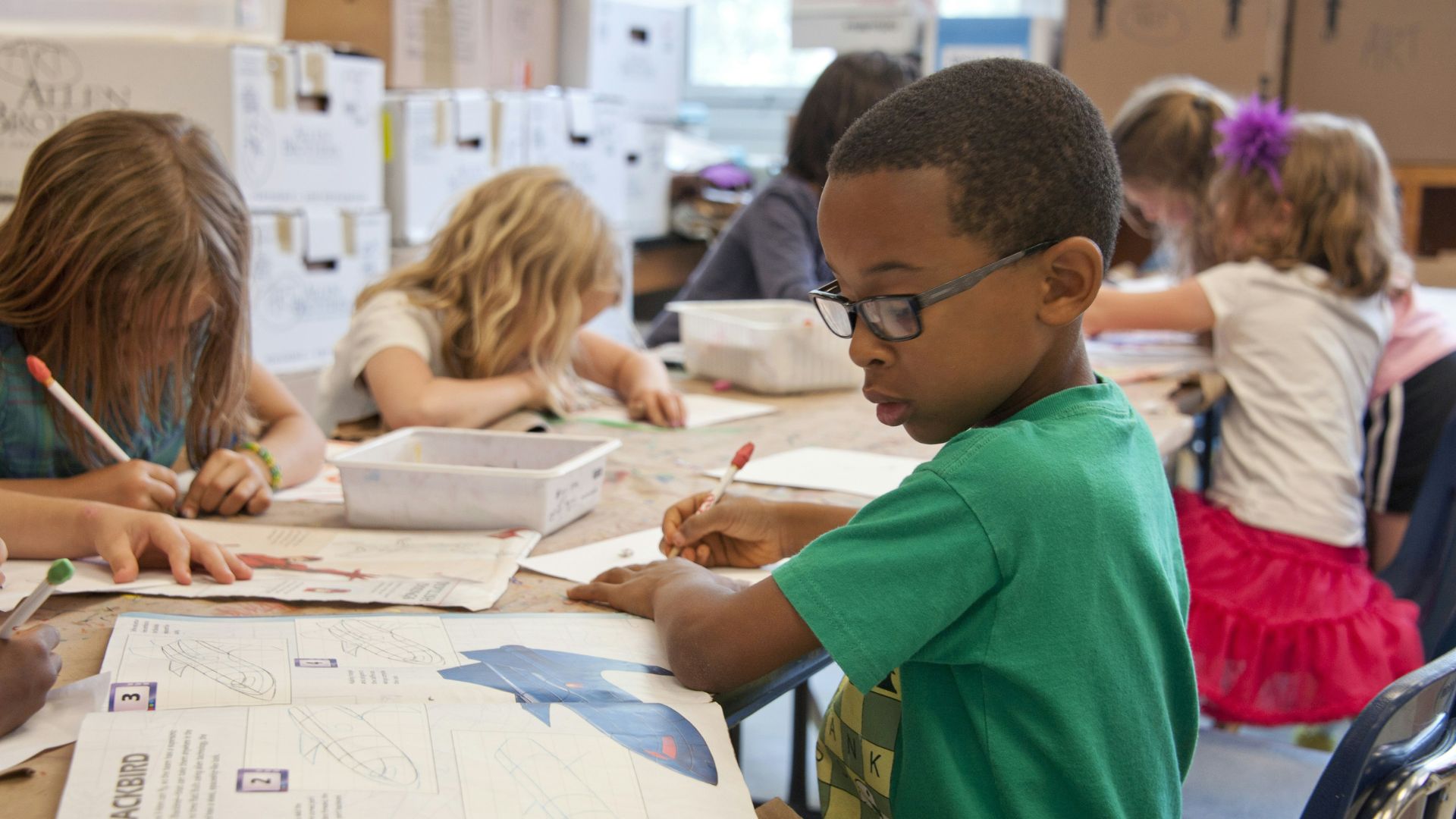
According to Youngkin, cellphone usage among adolescents is “addicting” and leads to distractions in the classroom.
This addictive quality of cell phones and social media is what necessitates such a move from the Virginia government.
Teens Feel Addicted

According to the Recovery Center of Niagara, 50% of teenagers feel addicted to their cell phones, and trends in mental health have become worse in recent years, particularly among females.
According to the Senate Joint Economic Committee, depression rates increased by 60% in adolescent girls between 2001 and 2017 in the United States.
Risk of Poor Health
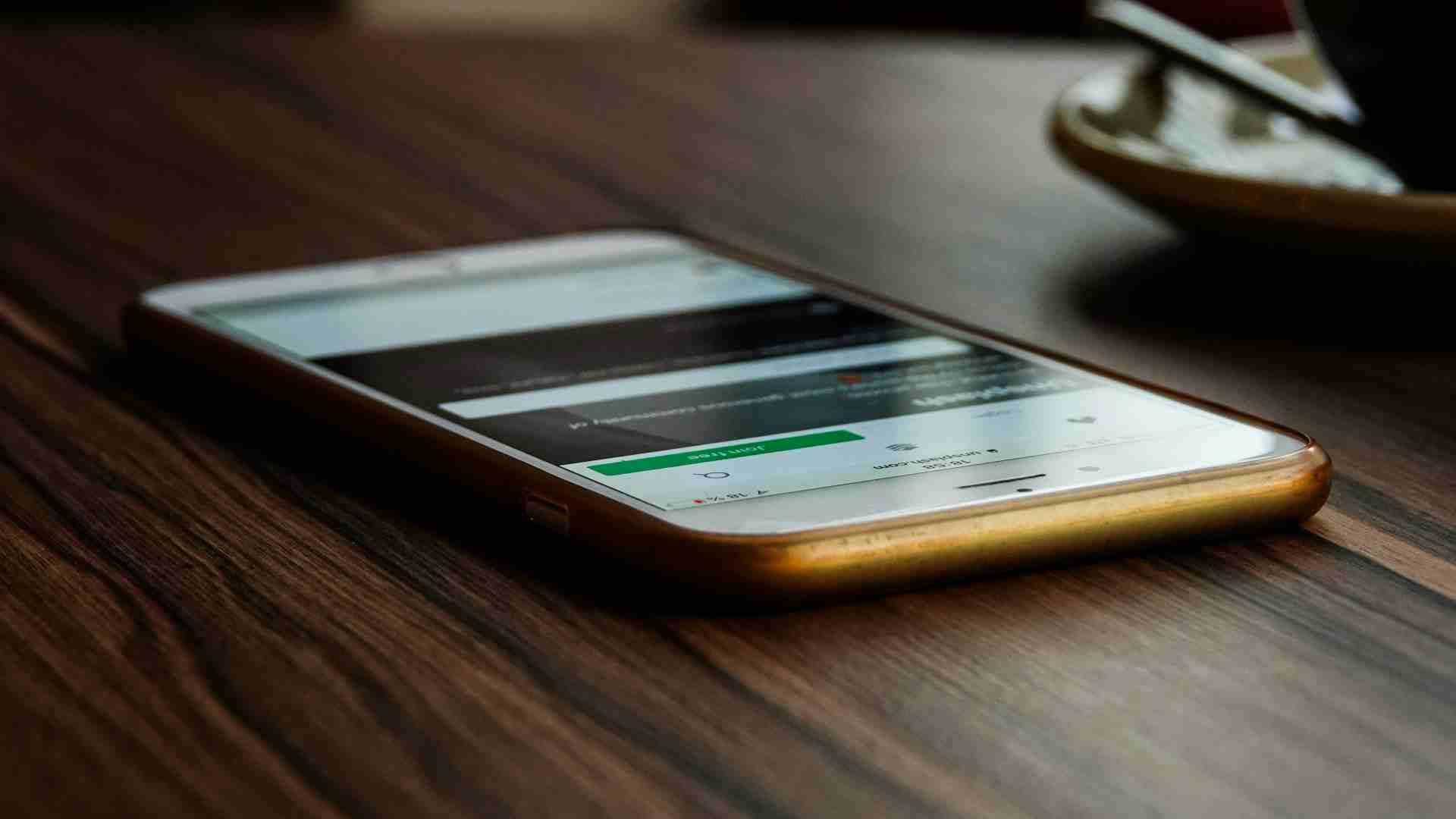
In his executive order, Youngkin cites research from the American Physiological Association that found that teens who spend too much time on social media are at a greater risk for adverse mental health outcomes.
Another factor is low parental monitoring. 60% of social media users at the highest use frequency reported having low parental monitoring, weak parental relationships, and “poor or very poor” mental health.
Previous Progress
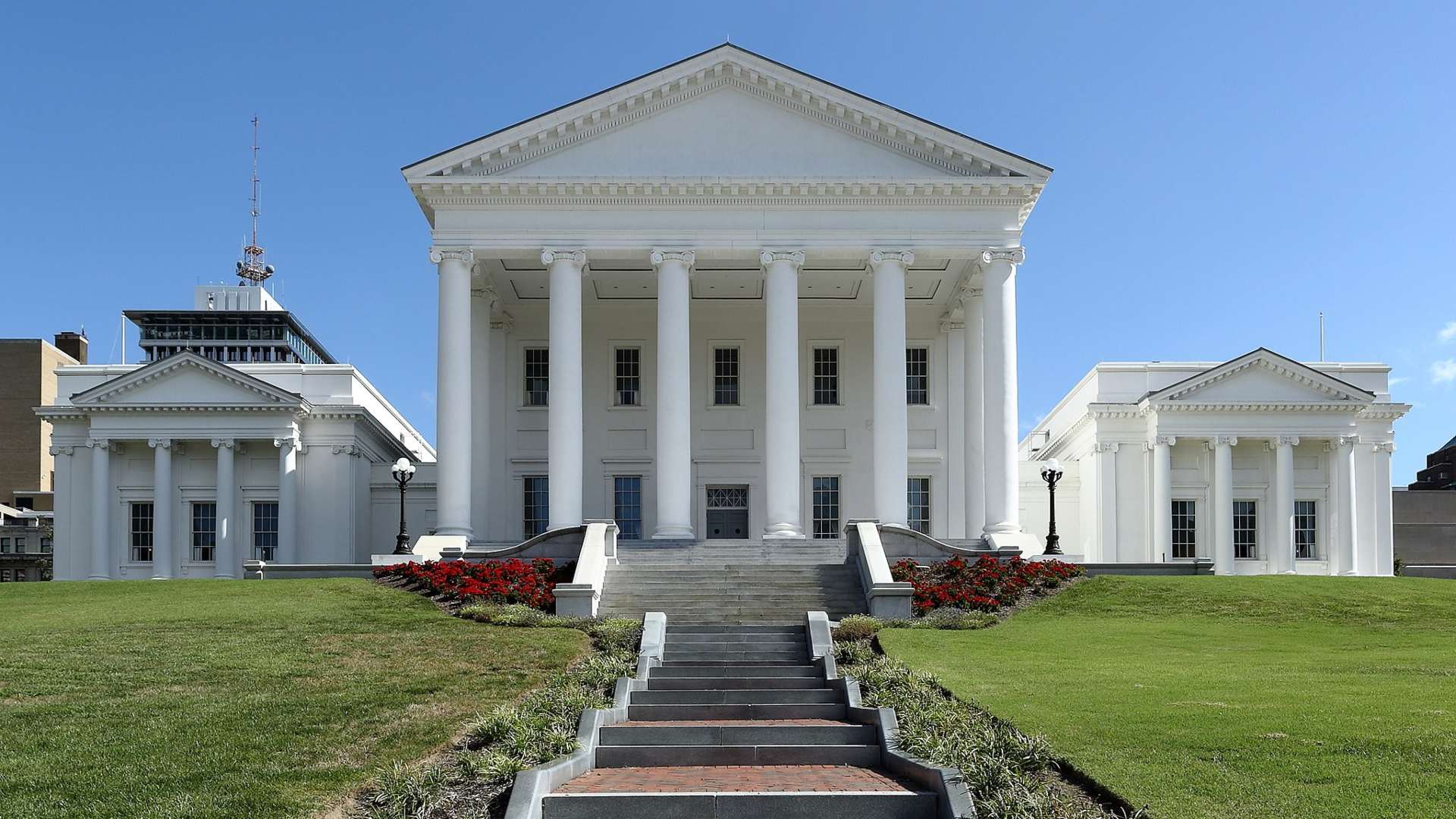
School boards in Virginia before the executive order were already implementing their own policies to restrict cell phone usage in the public school environment.
This year, the state legislature has been considering proposals like SB 28, which would allow school boards to develop their own personalized policies to stop students from using cell phones during school hours.
Growing Trend
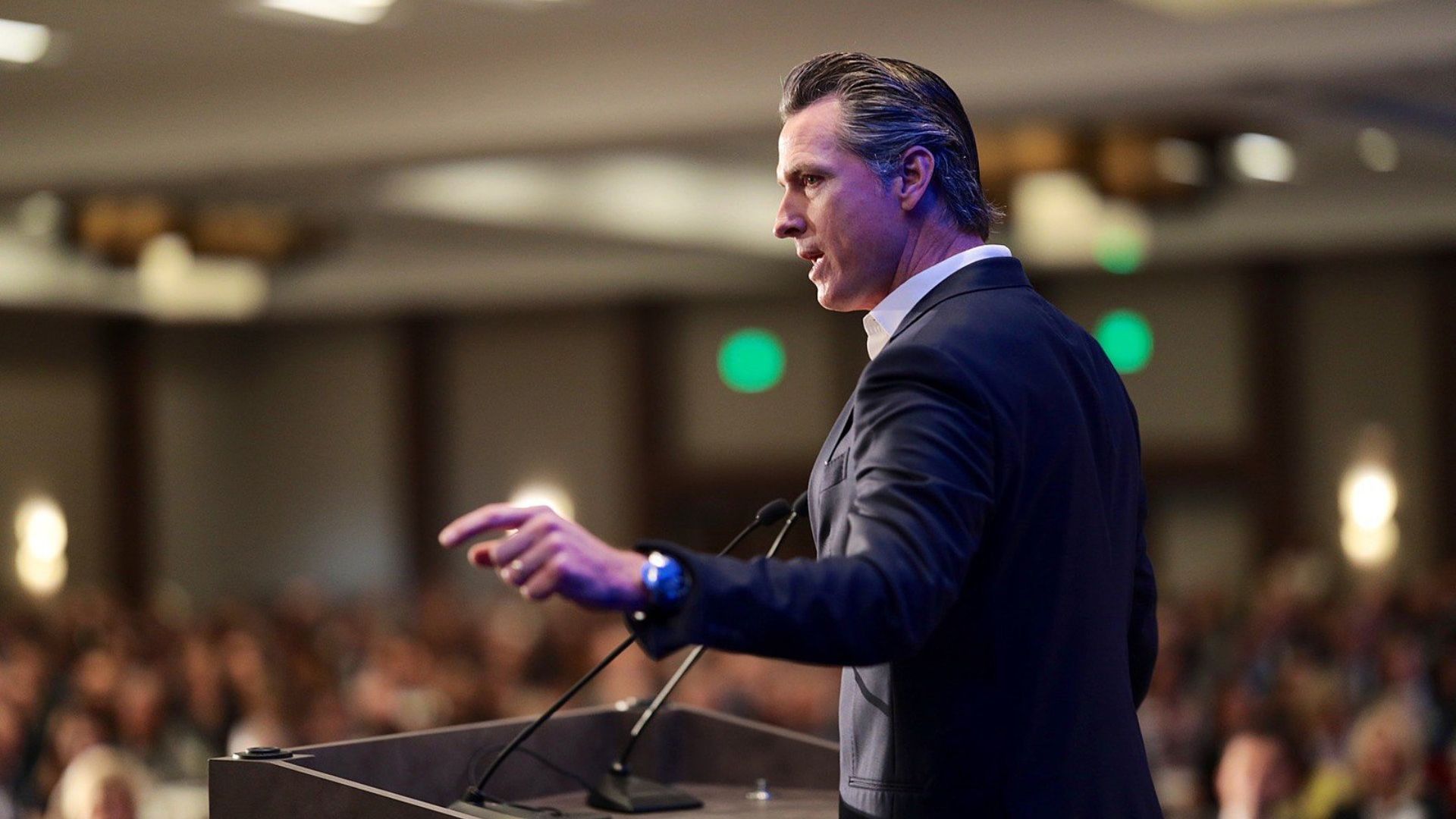
Virginia is joining a number of different states that are accepting the framing of cell phones in schools as a mental health crisis that needs to be addressed.
In June, California Governor Gavin Newsom took a similar step and proposed a statewide ban of smartphones in schools, citing the deteriorating mental health of students.
Concern From Opponents
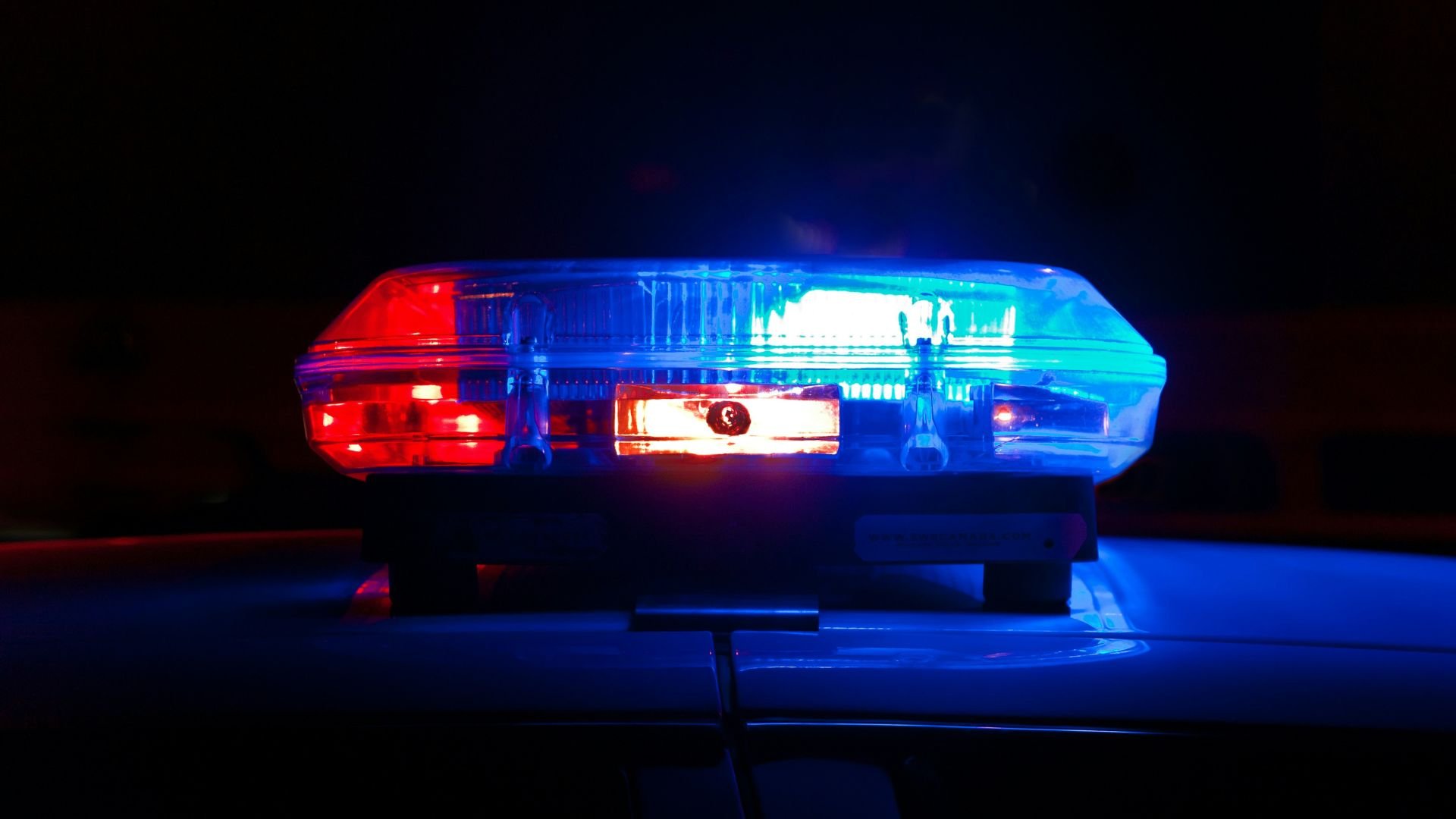
While people from different political stripes agree that cell phones are an issue in schools, some are skeptical that taking them away or banning them from students is the best solution.
“How will kids call 911 when a shooter is in their school?” wrote X user Maria Misilewich.
Outdated Thinking
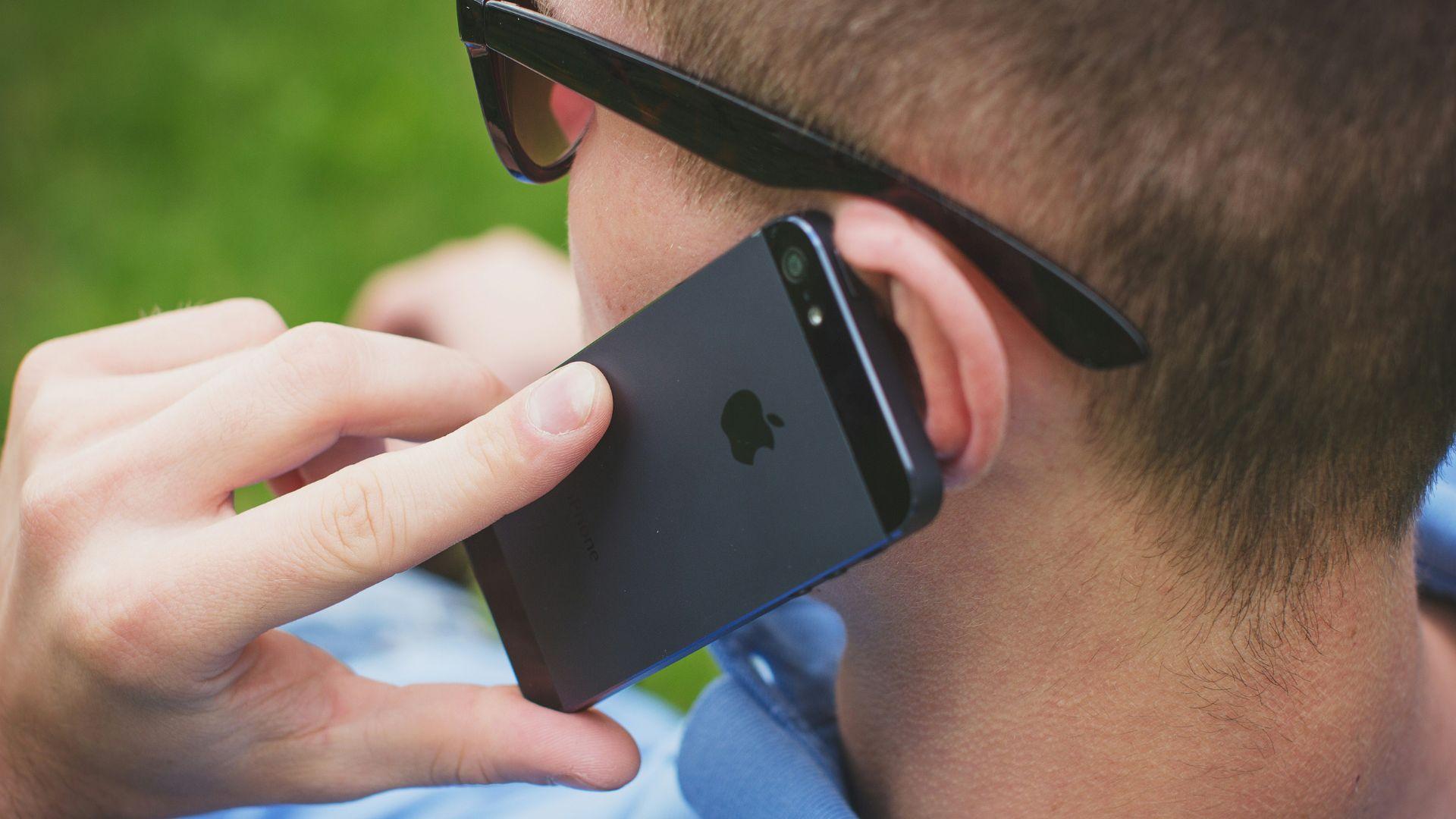
Other opponents of cell phone restrictions feel like government leaders are living in the past and denying what a critical role technology will have in the future.
“It’s dumb. Instead of banning phones there should be education around recognizing algorithms, fakes, AI, phone scams etc. The list is endless. Phones aren’t going to go away. Old people need to acclimate to the modern era,” said an X user.
